Opioids: A Crisis
Our country and our state are facing an epidemic of opioid (painkiller) misuse, addiction and overdose. This epidemic is an urgent health crisis resulting from over prescribing and misunderstanding of the significant risks these medications pose.
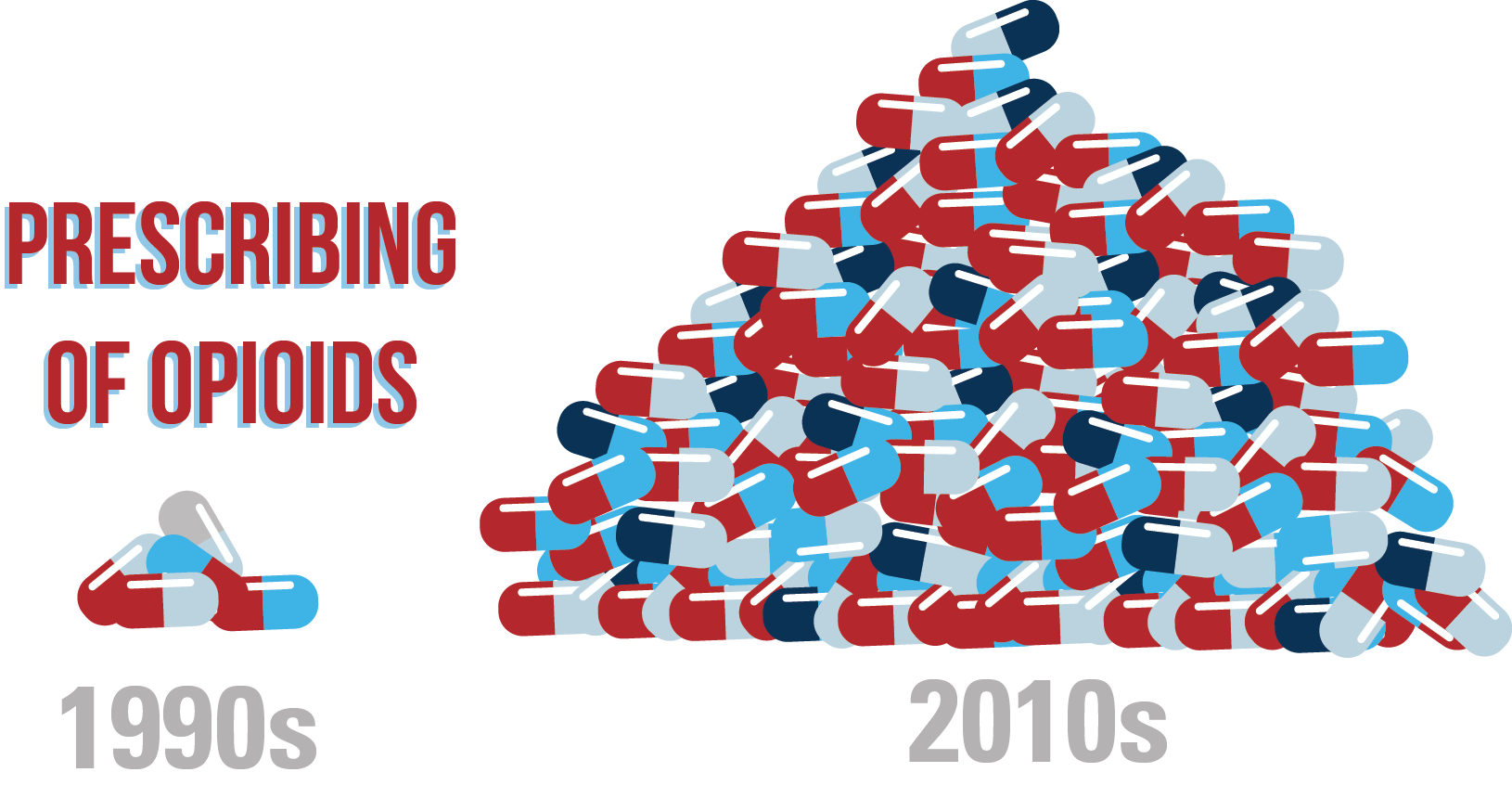
Consider these statistics:
- In 2012, 259 million prescriptions were written for opioids, which is more than enough to give every American adult their own bottle of pills according to the "American Society of Addiction Medicine.
- Mississippi is a leading prescriber of opioid painkillers with the equivalent of 1.2 opioid prescriptions for every man, woman and child in 2012, according to the Mississippi State Department of Health.
- In 2014, 18,893 overdose deaths were related to prescription pain relievers according to the American Society of Addiction Medication.
We've developed some materials you may use to educate yourself, family, friends or coworkers about the dangers of opioids and some additional statistics related to opioid use.
Opioid medications are drugs that work by reducing the intensity of pain signals that reach your brain. These drugs can be helpful for a short time, but they have serious risks including addiction, overdose and side effects like constipation, nausea, vomiting, dry mouth, sleepiness, dizziness, confusion and an increased tolerance to opioid medication. Commonly prescribed opioids include hydrocodone, oxycodone, codeine, morphine and fentanyl. Prescription opioid misuse can lead to use of illegal opioids like heroin.
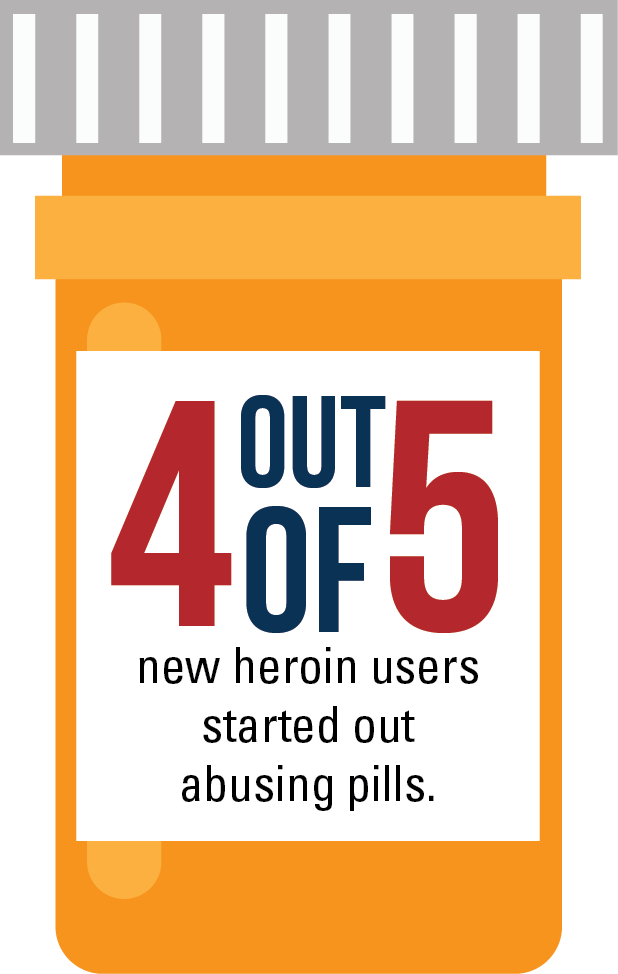
While prescription opioids can be an important part of treatment in some circumstances, scientific evidence is lacking for the benefits of opioids to treat chronic pain (pain lasting more than three months) (source: Turn the Tide Rx).
To address this growing health concern and assist healthcare providers in safe prescribing for pain management, the Centers for Disease Control and Prevention (CDC) released a Guideline for Prescribing Opioids for Chronic Pain in March 2016. In August, the United States Surgeon General released a toolkit based on the CDC guideline and issued a call to all clinicians to treat pain safely and effectively.
Now, Blue Cross & Blue Shield of Mississippi has partnered with our Network Providers including pain management experts, addiction experts and pharmacists to implement the CDC Guideline for Prescribing Opioids for Chronic Pain through a comprehensive approach to ensure evidence-based, safe, responsible opioid prescribing for our members. This approach includes care management for those needing chronic pain management, enhanced patient education on the benefits and risks of taking opioid painkillers and a medical policy to reinforce safe prescribing. The goal is to provide medically necessary pain care, while reducing the risk of addiction and the unauthorized transfer of opioid prescriptions.
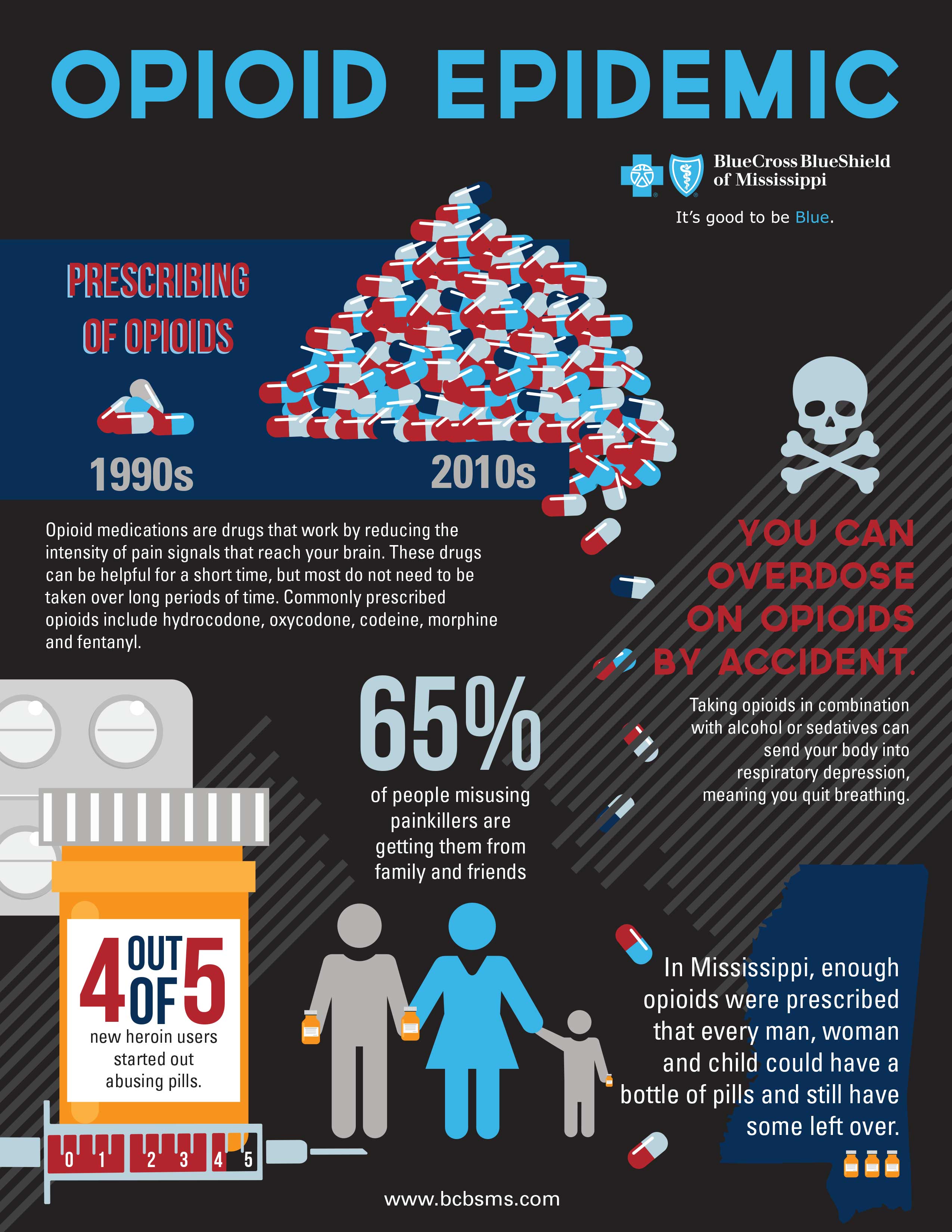
If your Network Provider determines that you need opioid medication, you can take these steps to minimize risk to you or your family:
- Be informed about your care by discussing any prescription medications with your Network Provider and fully understanding the pros and cons of any course of treatment. Opioid painkillers are highly addictive and, in most circumstances, are only needed in limited supply for a few days. Take them ONLY as long as you truly need them to manage pain (and other alternatives have failed). Be sure you understand:
- When and how often to take medication
- How much should be taken at each dose
- When to stop taking opioid medication
- What level of pain management you can expect from your medication
- Keep medicines out of reach of children and safely dispose of unneeded medications (flushing or trashing medications can end up polluting the environment). The U.S. Drug Enforcement Administration hosts drug “take-back” events nationwide offering anonymous collection of unwanted and expired medicines. Find a disposal location near you by visiting the DEA website.
- Take only medications prescribed for you and don’t share prescription drugs with others.
- Do not combine opioids with alcohol, other pain medications, muscle relaxers, sleep aids or other medications. This can lead to overdose or death.
For more information on opioid medications visit Turn the Tide Rx or the Centers for Disease Control and Prevention.
Be Informed.
These resources can provide you with valuable information to help you make informed decisions regarding prescription pain medication, as well as how to properly dispose of unused medications.
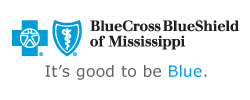



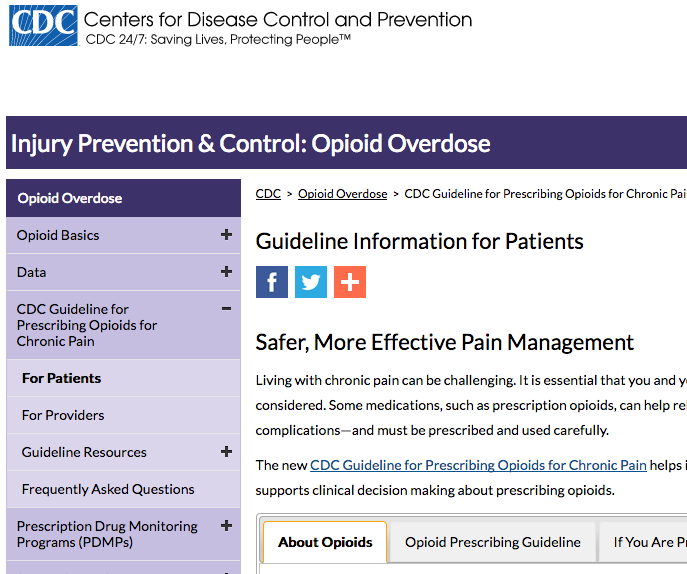
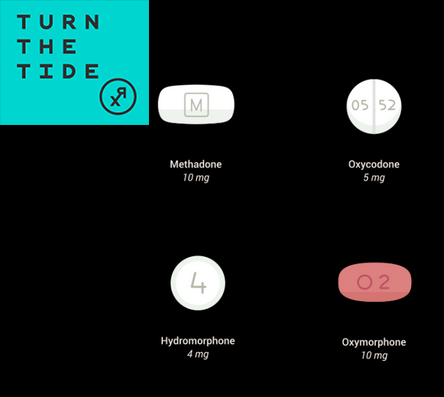
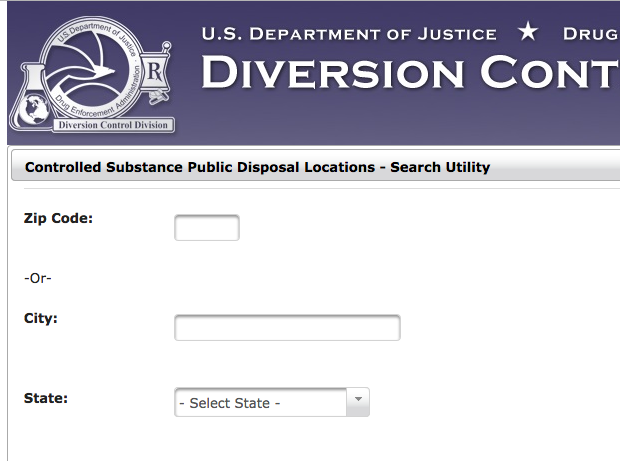
 Women's Health
Women's Health Eat Healthy
Eat Healthy Exercise
Exercise Health & Wellness Articles
Health & Wellness Articles